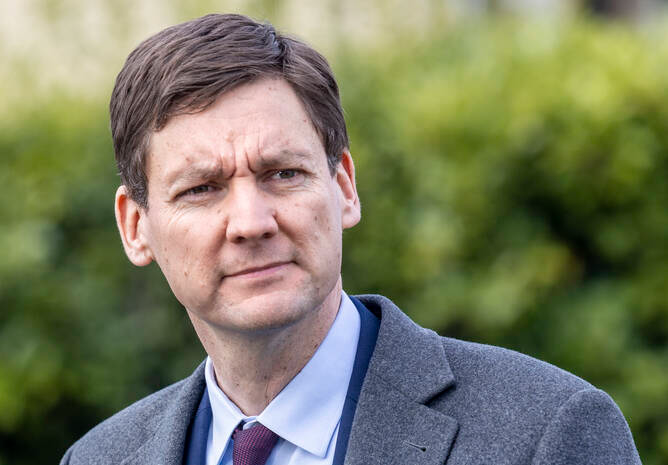This fiscal year (2023-24), B.C. government expenditures are on track to reach $82.5 billion, nearly 50 per cent more than five years ago.
Even allowing for strong population growth and the recent spike in inflation, there has been an unprecedented jump in government outlays. Over the same period, provincial revenues rose 35 per cent.
The gap between spending growth and revenue increases means the province ran a deficit over the five-year period, adding to the stock of public debt. The provincial election is scheduled for October 2024.
There are massive societal challenges that policymakers are struggling to address: Housing (un)affordability, an eroding health-care system, homelessness and an overdose epidemic, to name a few. Maintaining and upgrading physical infrastructure — especially transportation infrastructure — also remains a priority.
These factors suggest the NDP government will be unveiling substantial spending hikes in its forthcoming budget. But the government will be tabling a new three-year fiscal plan against a notably weaker economic backdrop.
The sizable economic boost that B.C. enjoyed coming out of the COVID-19 pandemic is now in the rear-view mirror.
The growth lift from the construction of a handful of large energy projects is quickly waning. B.C.’s exports are feeling the pinch of a softening global economy. Higher borrowing costs are dampening both private sector investment and consumer purchases of big-ticket durable goods.
This unforgiving combination means the provincial government is likely to run another operating deficit in 2024-25. But B.C.’s ability to borrow to pay the bills is not unfettered.
In addition to the fact that large operating deficits run counter to the Bank of Canada’s efforts to tame inflation, it would be fiscally imprudent to expand the debt by borrowing to pay for current program spending.
Instead, B.C.’s minister of finance should outline a plan to return to budgetary balance and keep the debt burden under control.
Provincial capital spending will continue adding to the debt going forward, as it has in the past.
Over the past five years, taxpayer-supported capital spending has increased 2.5-fold, soaring from $4.4 billion to nearly $11.2 billion in fiscal 2023-24.
Notwithstanding this record jump in capital outlays, the province still faces a large infrastructure deficit and greater demands for new infrastructure due to rapid population growth.
Even as the province contends with spending pressures and weaker revenue growth, there is precious little room for further tax increases.
Business in B.C. already faces comparatively high taxes, along with uncertainty and protracted delays in decision-making on the land base, significant changes to labour laws and regulations resulting in higher payroll costs, and an aggressive climate policy agenda that will serially raise energy and related regulatory costs over the rest of the decade.
Considering the setback in B.C.’s competitive position since the mid-2010s, the government should be looking to trim taxes and introduce other measures that will position the province for economic success and improved prosperity over the medium term.
Recalibrating an overly aggressive climate plan that includes taking the carbon tax to $170 a tonne by 2030 would be a good place to start.
As we have previously written, the CleanBC Roadmap policy agenda will pile billions in additional production and operating costs onto business and industry. A rethink of the government’s existing climate targets and timelines is urgently needed.
At the same time, B.C.’s top marginal personal income tax on skilled workers, innovators and entrepreneurs is among the highest in North America, creating a headwind to attracting and retaining talent.
The application of the provincial sales tax to many types of “capital inputs” purchased by B.C. businesses is another anti-competitive measure that should be reconsidered.
In general, B.C. policymakers should be looking to align tax policy with encouraging more business capital investment and greater innovation.
While B.C.’s fiscal situation and debt loads are still manageable, the combination of successive operating deficits, hefty borrowing to pay for capital spending and higher interest rates threaten to push debt-servicing costs significantly higher and further constrain funding for services.
Global bond rating agencies will be scrutinizing the 2024 budget closely and assessing B.C.’s medium-term outlook and capacity to attract capital investment.
We would not be surprised to see the province’s credit-rating downgraded before the end of the year.
Jock Finlayson is chief economist of the Independent Contractors and Businesses Association. Ken Peacock is the Business Council of British Columbia’s senior vice-president and chief economist.



